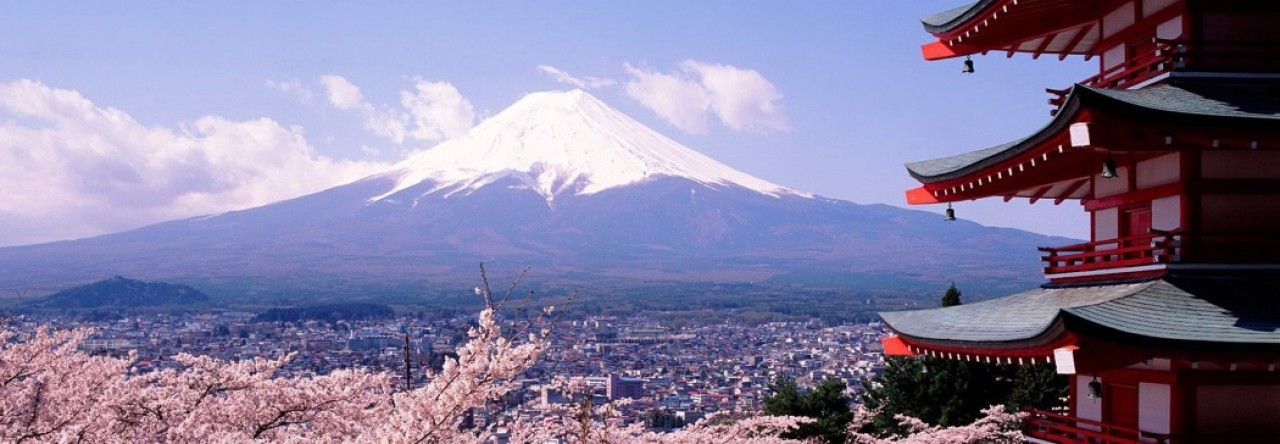True leaders serve their followers, and the best teachers work for their students. It’s this philosophy of serving that makes André Fournier such a good teacher himself. It’s a philosophy he learned from watching great military leaders.
André Fournier and his wife, Cathy, operate the Academy of Martial Arts at 851 Princess St., just southeast of the intersection with Bath/Concession.
With martial arts schools coming and going like fleas on a dog’s back, it’s hard to know what’s legitimate. Fournier’s here to stay. Chris and April Hurst opened The Academy of Martial Arts in 1991. In 1998, after André retired from the military, he and Cathy became the owners of the school. Fournier also teaches karate at The Kingston Seniors Association and at local schools such as École Mgr. Rémi Gaulin and Madeleine de Roybon.
His philosophy of serving is quickly evident.
“I work for my students,” he said. “My students do not work for me. I don’t order people. Any activity comes from the heart. It’s beautiful. Students have a thirst for knowledge. If I work for them, if I do the best job I can, their thirst for knowledge and training will be even greater.”
Despite many accomplishments, you won’t hear about them from Fournier himself. With him, it’s not “all about me.” For this karate teacher it’s about what he can do to serve others.
Fournier became involved with karate while still in the military. His son started lessons over 20 years ago while Fournier was stationed in Calgary. When he was at CFB Kingston, Fournier checked out The Academy of Martial Arts.
“I watched Sensei Hurst teach and he was such a wonderful teacher I tried it myself.”
Fournier never looked back. He became an instructor with an internationally ranked fifth degree black belt.
“I like to plant seeds and watch them grow,” he said. “That’s the most important thing. I’m not teaching people for them to become another Bruce Lee. I’m training people to become champions in society.”
Fournier noted that you don’t change the world with the swing of a magic wand.
“It’s about doing the little things,” he said. “You start in your own house, neighborhood and city.”
Fournier said that during a seminar, his own teacher, Okinawan karate master Meitetsu Yagi, asked the students, “What do you do to be a nice person?”
Yagi told the class, “I wash dishes.”
“The whole class had the vision of a 10th degree karate master doing the dishes and got the message that this is a way to help the family. It’s about humility,” said Fournier. “That’s the seed, then it grows into the rest of society.”
Fournier has travelled to Okinawa many times to further his own training.
“That’s where karate all started,” he said. It’s also the home of the Yagi family and the Honbu (headquarters).
When you enter the Academy of Martial Arts, you step into another world.
“We work very hard to bring a piece of Okinawa to the City of Kingston,” said Fournier. “Each time I visit Okinawa, I bring some ideas to our dojo. I want to bring the Okinawan atmosphere. Meitetsu Yagi has been here many times and he always feels at home.”
Fournier is proud of his dojo, but in a humble manner.
He said the floor space at the school is identical to that in the Okinawan Honbu.
“The one thing I work really hard to do is bring the traditional aspect,” he said. “The philosophy and history are extremely important.”
Many people think of karate as Japanese, but it originated in Okinawa prior to its 19th century annexation by Japan. Karate, first practiced in Okinawa in the 1300s, developed from the kung fu styles brought by Chinese immigrants.
Fournier teaches fully bilingual classes in Gojyu-Ryu karate, one of four major styles. His school is affiliated with the International Meibukan Gojyu-Ryu Karate-Do Association.
“There are many contrasts in Gojyu-Ryu,” said Fournier. “The hardness, the softness, the quick, the slow.”
He noted that the basics are crucial.
“It’s like building a house,” he said. “It you don’t have a good foundation, it doesn’t matter how beautiful the castle is, it will crumble. Build a good foundation, then add to it.”
Fournier is passionate about his students.
“I am always asking if they understand,” he said. “I’m not the kind of person to take things at face value. Learning has to be logical. When I teach a technique, I also teach the why. When someone understands why a technique works, retention will be better.”
Fournier said the greatest part of teaching is seeing the changes in people.
“Parents will say ‘my son or daughter has changed so much since starting karate,’ ” he said. “Children become more focused. They do better at school. They do better at home. That in itself brings a lot of satisfaction.”
Fournier combines his playful personally with a serious disciplined approach.
“I want them to be serious and I want them to have fun,” he said. “There’s a balance. It doesn’t matter if the ‘kid’ is three or 73. They train hard, they have fun, and they feel better about themselves. The body feels better. It’s a good stress relief that calms the mind.
“One of the things that distinguishes us from other schools is that we train in a traditional martial art, not sport karate,” said Fournier.
Self-defense techniques, not sport sparring, are taught.
Fournier said there are three important aspects of martial arts training.
“We want people to learn proper energy management,” he said. “We also focus on precision of movement and efficiency of motion. Those three parameters could be applied to anything: dance, tennis.”
It’s a philosophy you’d imagine emanating from Mr. Miyagi in The Karate Kid. Wax on, wax off.


Leave a Reply